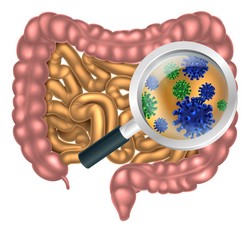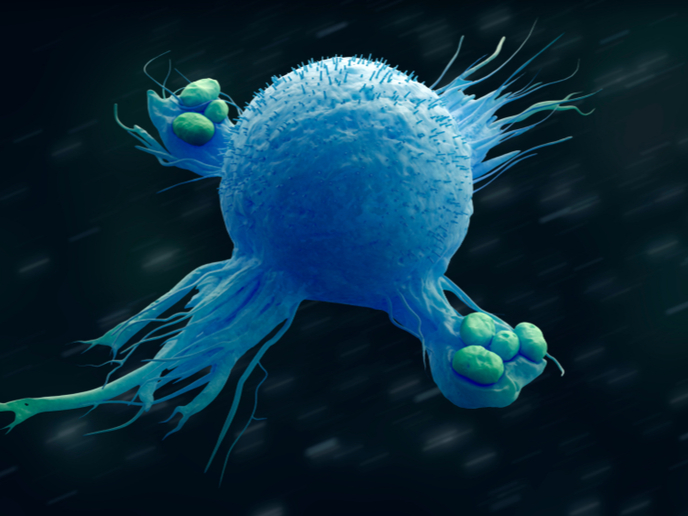Natural killers support gut microbe balance
Infection and inflammatory disease such as inflammatory bowel disease (IBD) can be sparked off by deregulation in the microbial composition of the intestine, dysbiosis. The EU-funded NKT CELLS IN MUCOSA (NKT cells, CD1 expression and lipid presentation in intestinal immunity) project has investigated just one of the elements of the cross-talk between these two important elements of the gut population. NKT cells play many roles that promote gut health including maintenance of intestinal homeostasis by promoting interleukin 10 (IL10) production via intestinal epithelial cells (IECs). IL10 is an anti-inflammatory cytokine. Essential players in IBD, they are also involved in the immune response to intestinal pathogens including Salmonella species. NKT CELLS IN MUCOSA looked at how NKT cells work in mice models along with the protein CD1d-mediated lipids that are involved in defence against microbial infection. The researchers found that NKT cell activation and knock-out of CD1d alters one of the main factors in intestinal immunity, immunoglobulin A (IgA). This finding was backed up with antibiotic treatment and microbiota sequencing. An unexpected result involves innate lymphoid cells (ILCs) in lipid immunity. Project data suggests that ILCs from different compartments express CD1d, the highest level being group 3 ILCs. Able to internalise and present lipids on CD1d, the action of group 3 ILCs leads to the modulation of NKT cell activation. Project research results have highlighted major information on intestinal homeostasis. The rise in incidence of autoimmune diseases such as IBD has prompted the development of possible therapies based on microbiota transplant. NKT CELLS IN MUCOSA has uncovered details of interrelationships between host immune cells and the intestine's microbial community that will assist in development of such novel treatments.







